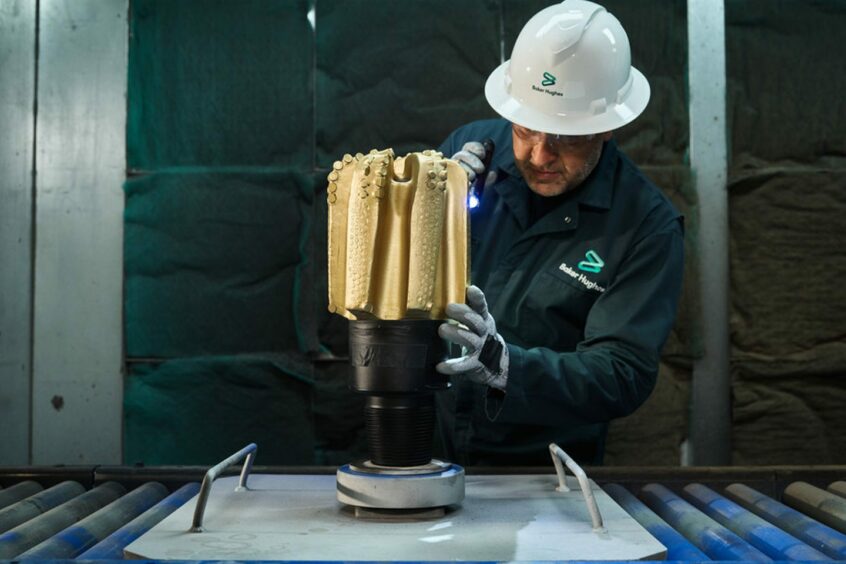
Baker Hughes (NASDAQ: BKR) capped its big restructuring year of 2022 with “record” orders during Q4.
The oilfield services giant booked $8bn for the fourth quarter, up 20% year-on-year for orders during the same period in 2021, driven by its “extremely strong” Industrial and Energy Technology (IET) division in different markets.
Looking ahead, CEO Lorenzo Simonelli said 2023 is expected to see “inflationary pressures” for global economies, but “deterioration” of oil and gas capacity is expected to drive demand.
The firm expects to return 60 – 80% of cash flow to shareholders next year through share buybacks and dividends.
Restructure
It comes after the firm said in September it would restructure its four business lines into two, in a bid to enhance profitability and grow.
Those changes, underway from October 2022, saw creation of its two new segments of IET and Oilfield Services & Equipment (OFSE).
CEO Lorenzo Simonelli confirmed “some” job losses at the time, but no details have been given on the impact on the UK.
Neil Saunders, the former executive vice president of oilfield equipment for Baker Hughes, left the company at the end of last year.
“2022 was an important year for Baker Hughes on a number of fronts,” said Simonelli, pointing to the re-shaping of the company’s divisions.
“This kicked off a major transformation effort across the organization, including key executive management changes, which will fundamentally improve the way the company operates.”
Baker Hughes posted adjusted earnings before interest tax depreciation and amortisation (EBITDA) of $2.98bn, up 11% on 2021’s $2.68bn.
Revenues totalled $26.7bn for the year, up 24% on $21.6bn in 2021.
Outlook
Looking ahead, Baker Hughes said the global economy is expected to face challenges “under the weight of inflationary pressures and tightening monetary conditions”.
Simonelli said: “Despite recessionary pressures in some of the world’s largest economies, we maintain a positive outlook for the energy sector, given supply shortages appear likely to persist.
That said, a “deterioration” of oil and gas capacity is expected to drive demand.
“With years of under investment now being amplified by recent geopolitical factors, global spare capacity for oil and gas has deteriorated and will likely require years of investment growth to meet forecasted future demand.”
One of the four “key areas” Baker Hughes will focus on is generating free cash flow and returning “60 to 80%” to shareholders through a combination of dividends and opportunistic share buybacks.
The firm has major operations in north-east Scotland, including a subsea centre of excellence in Montrose.
Recommended for you

